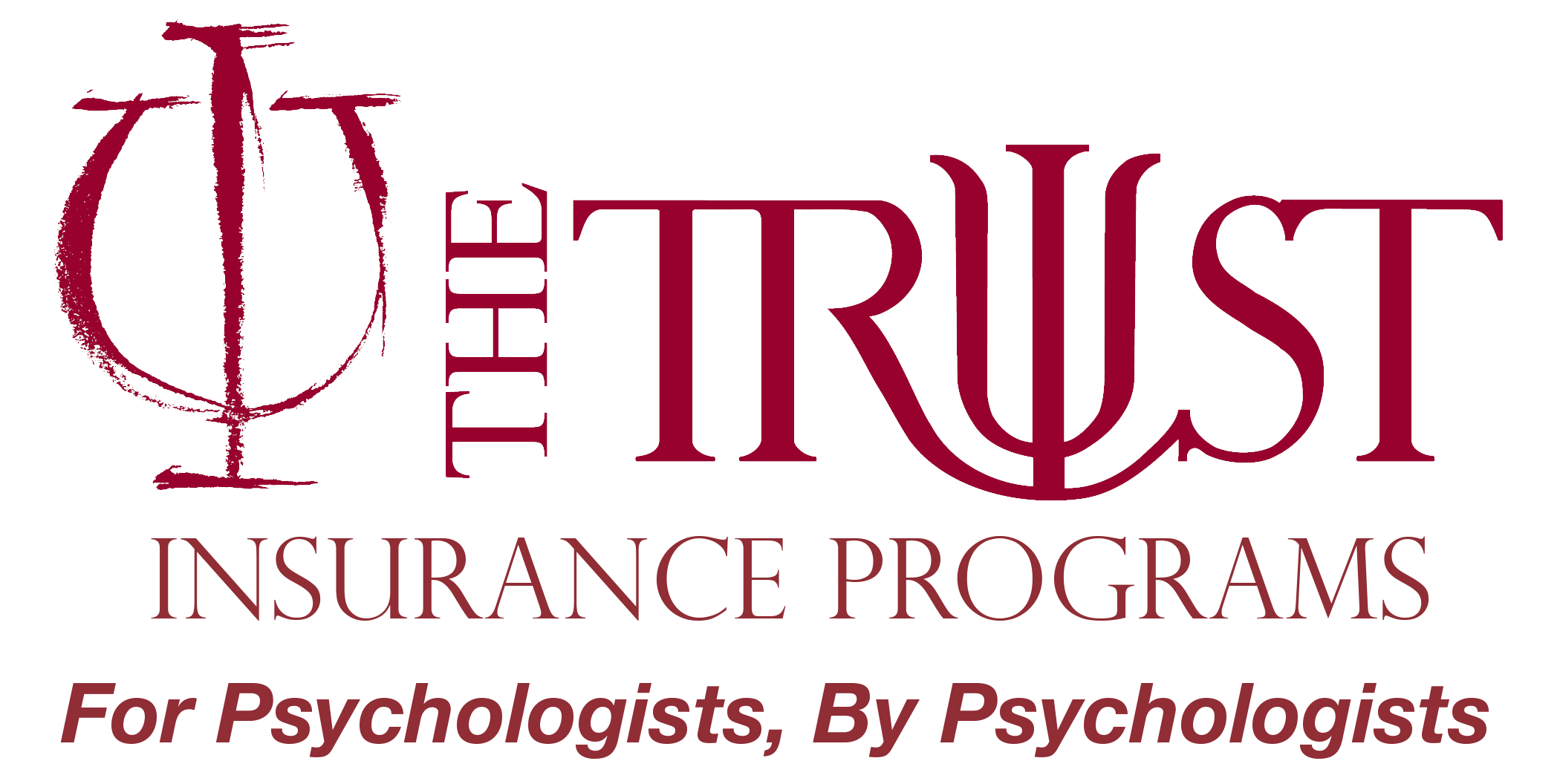A Clinical Supervision Toolkit: Skills to Enhance Supervision and Essential Knowledge for Ethical and Legal Practice3 CEs This workshop meets the MD Licensing Requirement for Supervision
Part I: Enhancing Supervision Skills with the use of Psychodynamic Psychology Clinical Supervision required complex skills that one does not develop by virtue of having been supervised. Yet, many clinicians received little formal training in supervision. This workshop focuses on the application of psychodynamic psychology to the practice of clinical supervision. A main goal is to inform attendees of how applying certain key psychodynamic concepts can enhance one's skills as a supervisor regardless of one's theoretical orientation or treatment approach. Topics to be covered include: understanding parallel process, appreciating the importance of teaching supervisees to recognize and appropriately disclose counter-transference, and using counter-transference to monitor therapist boundaries and to inform treatment decisions. A particular focus will be on concepts that help in working with anxious supervisees such as the application of Winnicott's "holding environments" and Adler's concept of counter-transference incompetence. Part II: Ethical and Legal Essentials for Clinical Supervisors Clinical Supervision will be address as a core competency for psychologists. The difference between supervision and consultation will be highlighted and the legal aspect of supervision and responsibilities of supervisors will be addressed. The specific competencies involving in being an effective supervisor will be described to include the two types of competence every supervisor must possess. Relevant ethics issues for supervisors will be presented to include the role of informed consent and the supervision contract, documentation and record-keeping, the role of the supervisor as gatekeeper of the profession, confidentiality, boundaries and multiple relationships, and ending the supervisory relationship. Specific attention will be paid to the supervision of both students and Psychology Associates, reviewing legal responsibilities and liabilities. Recommendations for proactively addressing the challenges that frequently arise and for promoting ethical practice will be presented and resources to support ethical and effective supervision will be shared. By the end of this workshop, participants will be able to:
Click here to RegisterDiane Adlestein, Ph.D., has extensive experience in providing clinical training, supervision, and consultation to mental health professional within various disciplines. She was The Director of Postdoctoral Training in The Trauma Disorders Program and Sheppard Pratt Hospital for 17 years, where she also serves as an Attending Psychologist from 1996- 2015. She was an instructor for MPA's Postdoctoral Insitute in Trauma, and she has presented numerous professional workshops on clinical supervision, trauma treatment, and group psychotherapy. Dr. Adlestein has specific interest in psychodynamic psychotherapy and clinical consultation for treating complex trauma. Jeffery E. Barnett, Psy. D., ABPP, is a licensed psychologist who is board certified through the American Board of Professional Psychology in Clinical Psychology and in Clinical Child and Adolescent Psychology. he is a Distinguished Practitioner in the National Academies of Practice. He has over 250 publications and over 350 presentations on ethics and professional practice issues for psychologist and toher mental health professionals.
|

